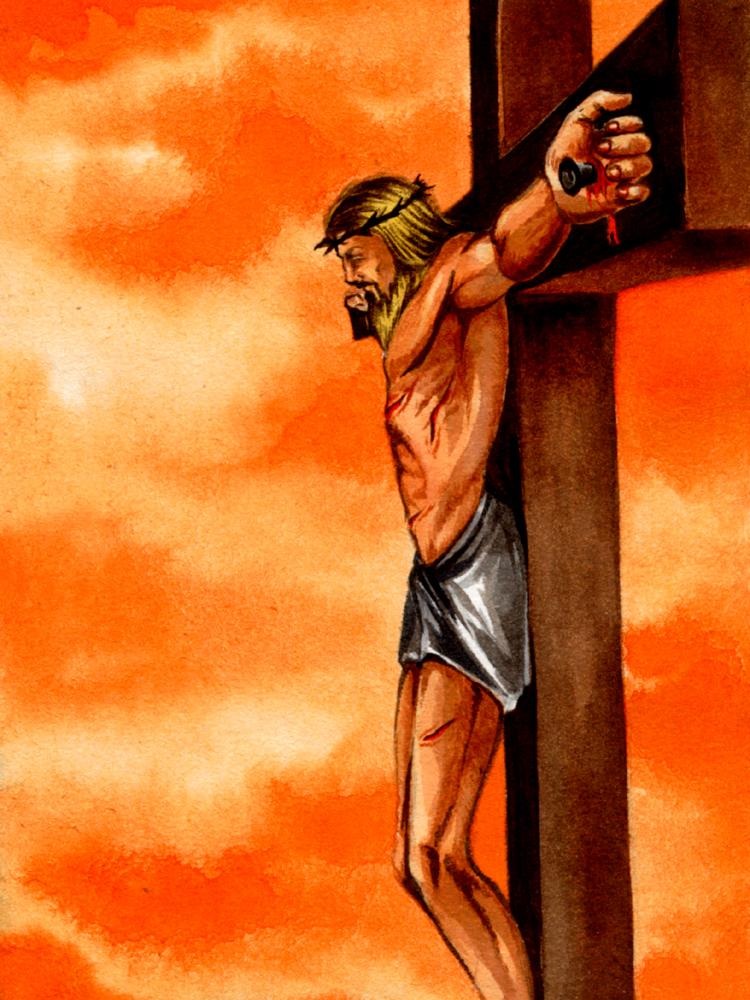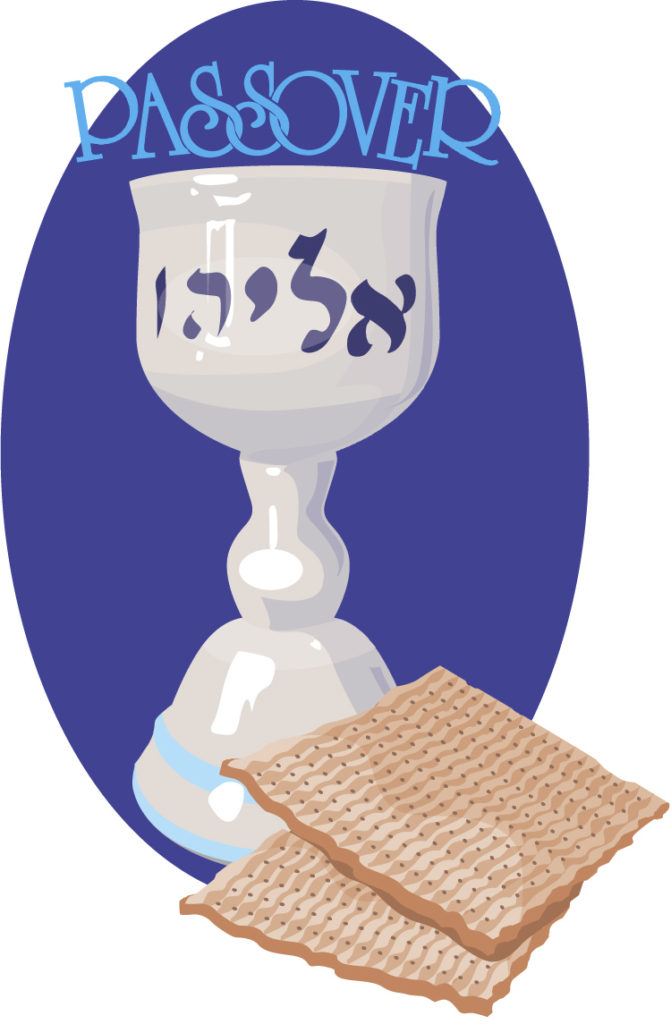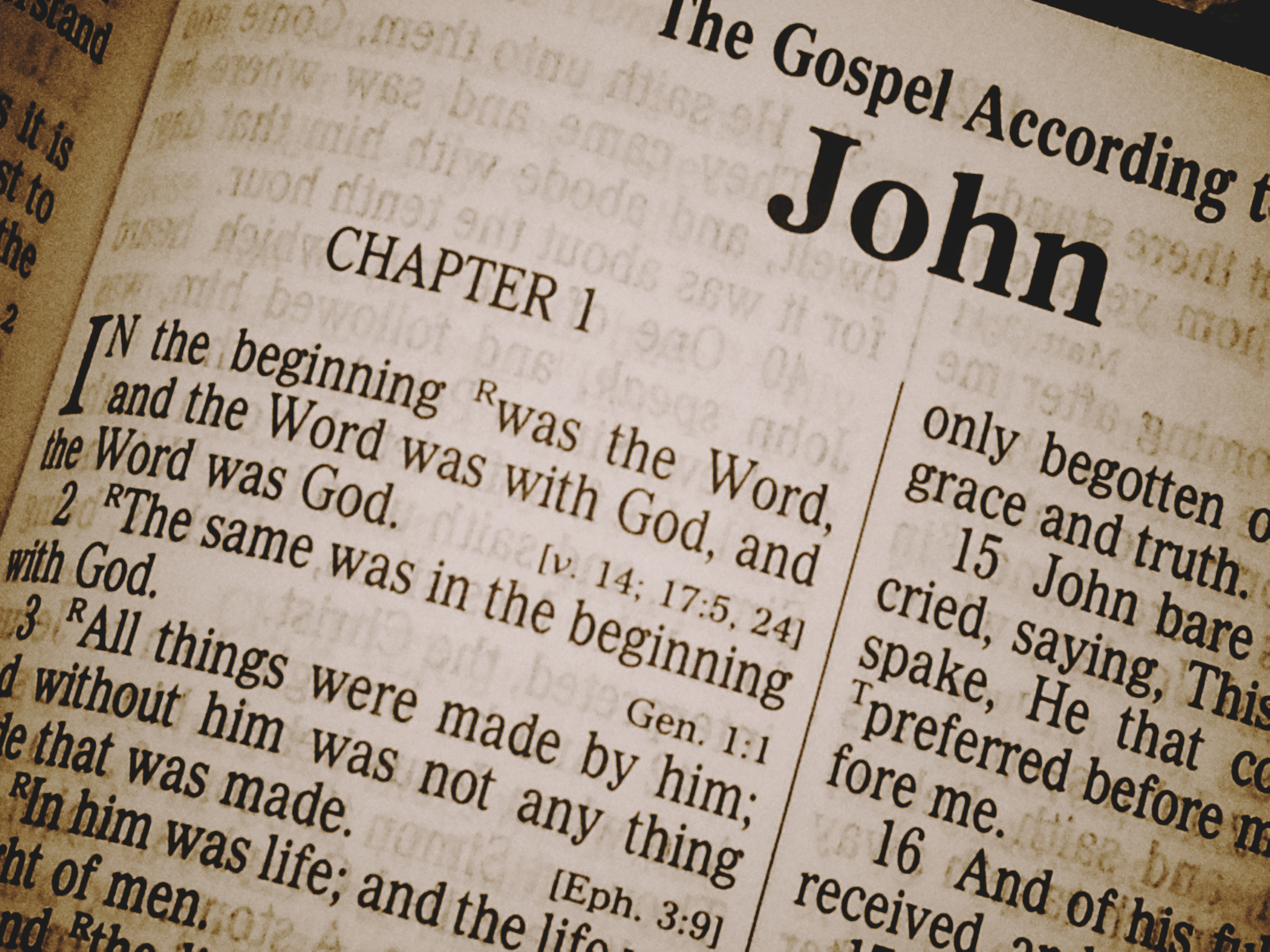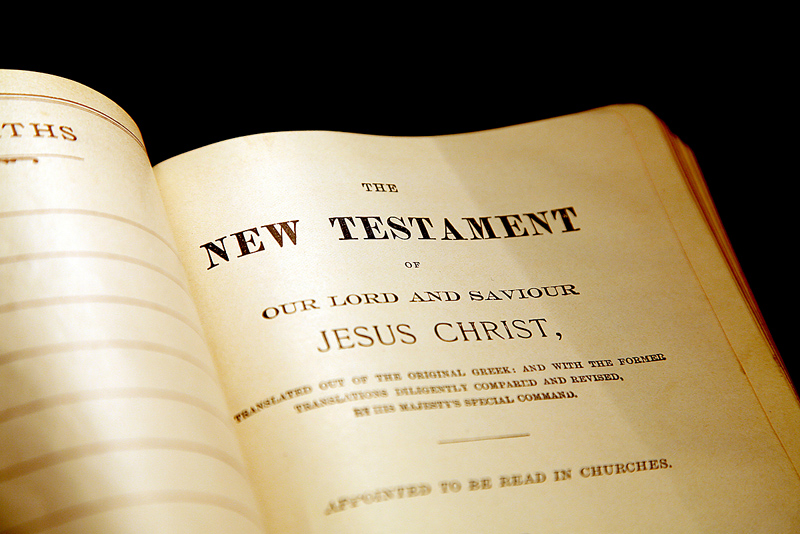
John 11
John 11:9, Twelve hours in a day. One possible meaning of Yeshua’s enigmatic response to the disciples’ question about the wisdom and safety of Yeshua’s going anywhere near the Jews who wanted to kill him is this: If we walk in the light of or are led by the Spirit of Elohim, we will not fall prey to the forces of evil and evil doers who want to destroy us, for the Spirit will guide us when or when not to go somewhere or to do something, and will navigate our steps safely through any destructive perils that way await us. This is called walking by faith (in Elohim), not by sight, and walking in or being led by the Spirit. Elsewhere, YHVH promises to order the steps of a good man (Ps 37:23).
John 11:48, The Romans will come. The chief concern of most major religious leaders has always been to preserve the status quo thus preserving their power and wealth. This is largely more important to them than pursuing the Truth or will of Elohim. Because of this spiritual blindness, the Jewish leaders of the day not only failed to appreciate the mighty miracles that Yeshua worked, but they failed to recognize their actual long-awaited Messiah. In our day, when the Messiah comes, how many religious leaders in the mainstream church will recognize Yeshua as the Torah-obedient Jewish Rabbi that he actually is, when they have spent so much time and energy convincing people that the Torah has been done away with? Not only that, the modern church’s message of easy-believism has been very profitable for its proponents, since it tickles the ears of those who receive and often lulls them into a false sense of spiritual security.

John 11:49–52, Caiaphas…prophesied. Here, Caiaphas was giving the Jewish leaders approval to murder Yeshua. At the same time, unbeknownst to him, he was making one of the great prophecies in the Testimony of Yeshua concerning Yeshua the Messiah whose role and mission it was to gather in the twelve tribes of Israel that were scattered throughout the nations. This prophetic word from an unlikely source and the man who was largely responsible for Yeshua’s death sentence shows that Elohim in his sovereignty can use any source—even a wicked one—as a vessel in his hands to speak and to accomplish his purposes. Remember Balaam’s donkey?
John 11:54, Ephraim.This is prophetic of Yeshua’s disciples taking the gospel message to Gentiles or “the children scattered abroad” or “the lost sheep of the house of Israel” because all but a few Jews rejected Yeshua in his day.
John 12
John 12:1, Six days before the Passover. Let’s review the sequence of events that occurred in Yeshua’s life that led up to the Passover. In this way, we will see how Yeshua, the Lamb of Elohim, fulfilled the types and shadows of the Passover lamb in the story of the Exodus.

Yeshua came to Bethany six days before Passover (verse 1). Then they had a formal dinner (verse 2, the word supper is deipnon meaning a formal meal usually occurring in the evening), which probably was the erev Shabbat meal (verse 2) on Friday night. So Yeshua came to Bethany on Friday, which was six days before Passover (or the ninth of Aviv or Abib). That evening at erev Shabbat was the beginning of the tenth day of Aviv, or five days before the Passover. It was here that Mary anointed Yeshua with the spikenard (verse 3). This is the fulfillment of the Passover lamb being separated, which occurred, according to Torah, on the tenth of Aviv. From Friday erev Shabbat forward five days brings us to the end of the day on Wednesday the fourteenth of Aviv which corresponds to when he was crucified and then laid in the grave before the setting of the sun (or the beginning of the fifteenth). The disciples quickly entombed him before the High Sabbath or first day of Unleavened Bread, which started at sundown on the fifteenth day of the first month, or the month of the Aviv.
For a further discussion on the chronology of the six days before the crucifixion, see The Companion Bible (appendix 156).
John 12:5, Three hundred denarii. This large sum is equal to 300 days’ wages for a common laborer.
To the natural mind, Judas’ objection to the use of this expensive spice (worth between $30,000 and $50,000 in today’s money) to anoint someone’s feet seems illogical and a total waste of money. By contrast, from our perspective today, we can look backwards historically with perfect 20–20 hindsight and realize that for Yeshua, the Messiah and Savior of the world, he was worth every penny of the spikenard and much more. Yet, from the perspective of Yeshua’s followers, Yeshua’s true identity and mission still weren’t clear. This confusion wouldn’t clear up until after his resurrection and glorification (v. 16). So for some of them, Mary’s act of faith in anointing Yeshua’s feet with a year’s wages of spice seemed to be illogical folly.
This spice, most likely was originally intended for use on Lazarus’ body, whom Yeshua had just resurrected and so was no longer needed for that purpose, at least. It is likely that it was out of gratefulness for resurrecting her brother that Mary performed this act of love and devotion to Yeshua, not realizing that her actions were prophetic in that she was pre-anointing Yeshua’s body for his own burial ten days from that night (v. 7).
Now let us consider the following. We know that YHVH Elohim the Father gave us his greatest love gift by sending Yeshua, his Son, to this earth to live, die and resurrect for our redemption and ultimate glorification (John 3:16). How much do we love Yeshua, and what is the greatest gift we could ever give him, even if those around us may think that we were crazy to do so? It is your heart, devotion and obedience. Have you given him all your heart? Does all that you own belong to him including your life? Would you give away all of your possessions in devotion to him if he asked it of you? Would you literally lay your life down for him as he did for you? How much do you love Yeshua?
John 12:20, Greeks. Referring either to Greek-speaking Jews and God-fearing Gentiles converts who had come to Jerusalem from various areas in the Roman empire to celebrate the feast (cp. Acts 6:1 and 9:29).

John 12:28–29, Voice from heaven…thundered. Some people heard the voice of Elohim in the thunder, while others heard only thunder. Evidently, there was some debate as to what the heavenly sound they heard was. This begs a question. Two people can hear or see the same thing, yet one will see YHVH behind it, while the other will attribute it to natural phenomenon. What determines whether one hears Elohim’s voice or sees a miracle or not? It gets down to the level of a person’s faith and to what degree they’ve exercised their faith. Those who have faith as a little child and are looking for a relationship with their Creator — whose hearts are inclined to serve and obey him will, interesting, be more likely to see his hand in mundane things and hear his voice through the cacophony of this world. This is because their hearts and minds are already open to him. Their “God radar” is up and tuned in. Conversely, those who have their ears and hearts tuned into the world, flesh and the devil will have difficulty see and hearing YHVH because they’re disinclined to doing so. This is why so few people believed Yeshua in followed him in his day…and today.
John 12:34, The law. The Torah does not mention that the Messiah will reign forever. These prophecies are found in the Prophets and the Writings (e.g. Isa 9:6 cp. 2 Sam 7:16). Here we see two things. First, the Jews referred to the entire Tanakh (or Old Testament) colloquially as “the Torah-law,” and, second, there was confusion among the Jews as to the purpose of the Messiah’s mission. Because of Roman domination over the Jews, the Messiah’s role as the Conquering King over that of the Suffering Servant had taken precedence in the thinking of the Jews of Yeshua’s day. Even the disciples were predisposed to this popular notion (e.g. Mark 10:37; Acts 1:6). This is evident in their inability to believe that Yeshua’s mission would end with his death.
John 12:37, The word of Isaiah. Here Yeshua is referencing Isaiah 53, the great Suffering Servant prophecy predicting his death to atone for the sins of men. The unbelief of Yeshua’s followers, including that of his own disciples, about his impending death is the very fulfillment of Isaiah’s prophetic question in this regard: “Who has believed our report?” (Isa 53:1). In any era, a Conquering King figure is more likely to elicit popular support than a Suffering Servant who gives his life for the nation.







